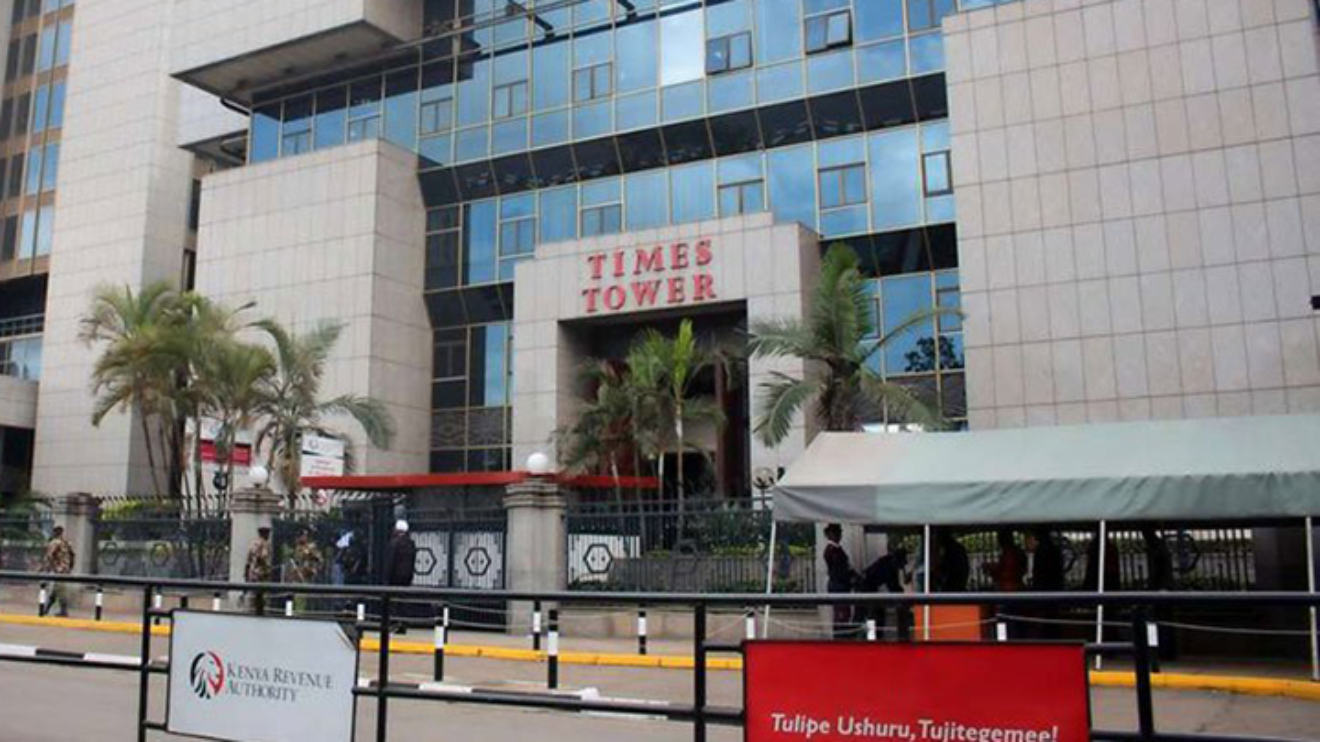The Kenya Revenue Authority (KRA) has fallen short of its tax collection target for the fiscal year ending June 2024, missing the mark by Sh267 billion.
This shortfall comes despite the introduction of new tax measures and a focus on expanding the tax base.
While KRA did collect Sh2.22 trillion, surpassing the revised target of Sh2.49 trillion, this figure falls significantly below the initial target of Sh2.76 trillion.
This shortfall can be attributed to several factors, including:
Reduced Corporate Profits: Corporate Income Tax (CIT) growth slowed to a mere 4.9 per cent, compared to 7.2 per cent the previous year. Key sectors like finance, insurance, information and communication, and manufacturing saw profit declines of 2.4 per cent, 12.3 per cent, and 13 per cent, respectively.
Read More
Shilling Depreciation and High Energy Prices: A weakened shilling and inflated energy costs further squeezed business profitability. Banks also faced increased provisioning for non-performing loans due to rising default rates.
Unpopular Tax Measures: President Ruto's first fiscal year saw the introduction of controversial tax measures, fueling public discontent and contributing to recent anti-tax demonstrations.
However, there were some bright spots for KRA. Pay-As-You-Earn (PAYE) collections grew by a healthy 9.7 per cent to Sh543.2 billion, indicating continued growth in salaried employment.
Additionally, the implementation of the Electronic Tax Invoice Management System (eTIMS) helped minimize VAT fraud and expand the tax net by registering over 280,000 new VAT-registered taxpayers.
KRA also made significant strides in tax base expansion.
The Monthly Rental Income (MRI) program successfully recruited over 1.2 million new taxpayers, primarily landlords.
Integrating with other systems through a tax-at-source program allowed for near real-time collection of information and revenue.
The integration of betting and gaming companies into the KRA system also yielded positive results, with collections jumping 26.2 per cent. This success is attributed to streamlined tax remittance processes.
Despite these achievements, the overall shortfall highlights the challenges faced by the taxman in meeting ambitious targets.
While KRA's efforts to expand the tax base and improve efficiency are commendable, future success will depend on navigating a complex economic environment and addressing concerns surrounding unpopular tax measures.








